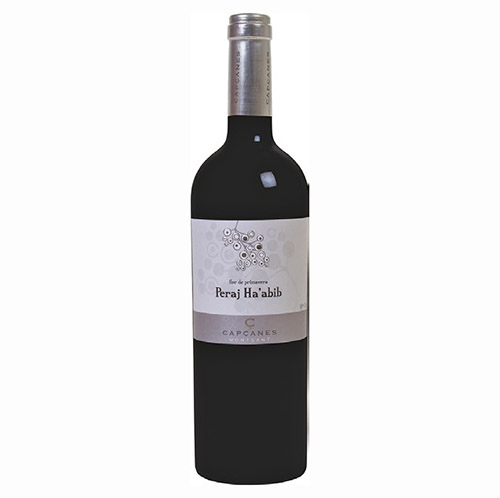







Sukkot and Simchat Torah are defined as Zman Simchateinu, the time for rejoicing par excellence. As was probably repeated countless times in this column, the Gemara in Tractate Pesachim 109a says, “There is no joy without wine.” All in moderation, of course. The upcoming chagim include many celebratory meals, inside and outside the sukkah. These are meals that we will, iy”h, share with our loved ones. For all of these, we should have fine wine to enhance Yom Tov further and contribute to our hiddur mitzvah, the embellishment of the mitzvah. Whenever logistically and financially possible, we are encouraged to go one step further and treat ourselves to make the mitzvah even more special. We aim to celebrate with a flawless lulav and etrog, a beautifully decorated sukkah, a tastefully set table, and, of course, better wine. So long as one appreciates wine, having a special bottle of wine on the table will elevate the moment both gastronomically and spiritually.
A celebratory, refreshing way to start the meal is to pop a bottle of sparkling wine and perhaps even enjoy it for kiddush. For those who prefer a moderately priced, the Elvi Cava Brut NV is an excellent Spanish wine made with the same winemaking method as Champagne, with the secondary fermentation taking place in the bottle. While arguably not as aristocratic as the Champagne Drappier Carte d’Or NV, the Herzog Méthode Champenoise NV made with 100% Chardonnay from California’s Russian River is just as luxurious and delightful as well. Rosé wines were considered summer exclusives not that long ago. Those dark times are thankfully over, as rosé wines can and should be enjoyed year-round. Sukkot is early this year, but whether it will be warm or chilly over Yom Tov should by no means deter us from enjoying a cold bottle of the delicious and fruity Ramon Cardova Rioja Rosado 2020 from Spain with salads or sushi.
When it comes to wine, hot weather may be a serious concern. The taste and thus enjoyment of red wine will significantly be impacted if it is served warm, which can happen if the bottle is left on the table in the sukkah for a while before or during the meal. It is recommended to refrigerate red wine shortly, for 30-60 minutes before serving, to preserve its quality and integrity and ensure proper enjoyment. That goes without saying for rosé, white and sparkling wines, which should always be served and drunk cold. If the wine is too cold, letting it sit for a few minutes in the glass after serving will solve the issue as it will quickly warm up to the drinker’s preference.
A pleasant and affordable white wine to enjoy this Sukkot is the Psâgot Sinai White 2020, a lovely, fruit-forward blend made from grapes grown in the Jerusalem Mountains. This is a highly aromatic wine, combining delicate lemon, apricot, and peach flavors with a refreshing finish. Enjoy it with a veal neck roast or herb-crusted salmon.
Bordeaux is well-known for its classy, elegant wines. Many famously consider the wines from Sauternes as the best dessert wines in the world. What Sauternes is less known for, however, is its dry whites. By law, wineries can only print the Sauternes appellation on the labels of their sweet wines; so dry Sauternes wines, such as G de Château Guiraud 2019, are called Bordeaux Blanc (White Bordeaux). This wine is medium to full-bodied, with bright acidity and notes of grapefruit and honeysuckle. Perfect for enjoying with veal, chicken, turkey, or a red tuna steak. The wines of Bordeaux’s right bank, where sit the regions of Saint-Emilion, Fronsac, and Pomerol, are primarily made from Merlot grapes. This is arguably where Merlot shines the most, and the Château Royaumont Lalande-de-Pomerol 2018 is no exception to this rule. This wine is full-flavored, layered and velvety, with black and red berry aromas and earthy undertones. This wine is quite enjoyable now in its youth. Still, it will gain even more depth and complexity over the coming 5 to 10 years if stored adequately.
Celler de Capçanes, in Spain’s Montsant DO region, has been producing its legendary Peraj Ha’abib since 1995. The 2019 Peraj Ha’aabib is a special, fruit-forward, albeit elegant and silky wine with smoky, earthy, and spicy notes, characteristics that are respectively contributed by the Cabernet Sauvignon, Grenache, Carignan and Syrah included in the blend. Whether you choose to pair it with smoked ribs or a roasted leg of lamb, it is well worth discovering or rediscovering!
Chag Sameach! L’chaim!
Gabriel Geller is director of public relations and wine education for Royal Wines.








